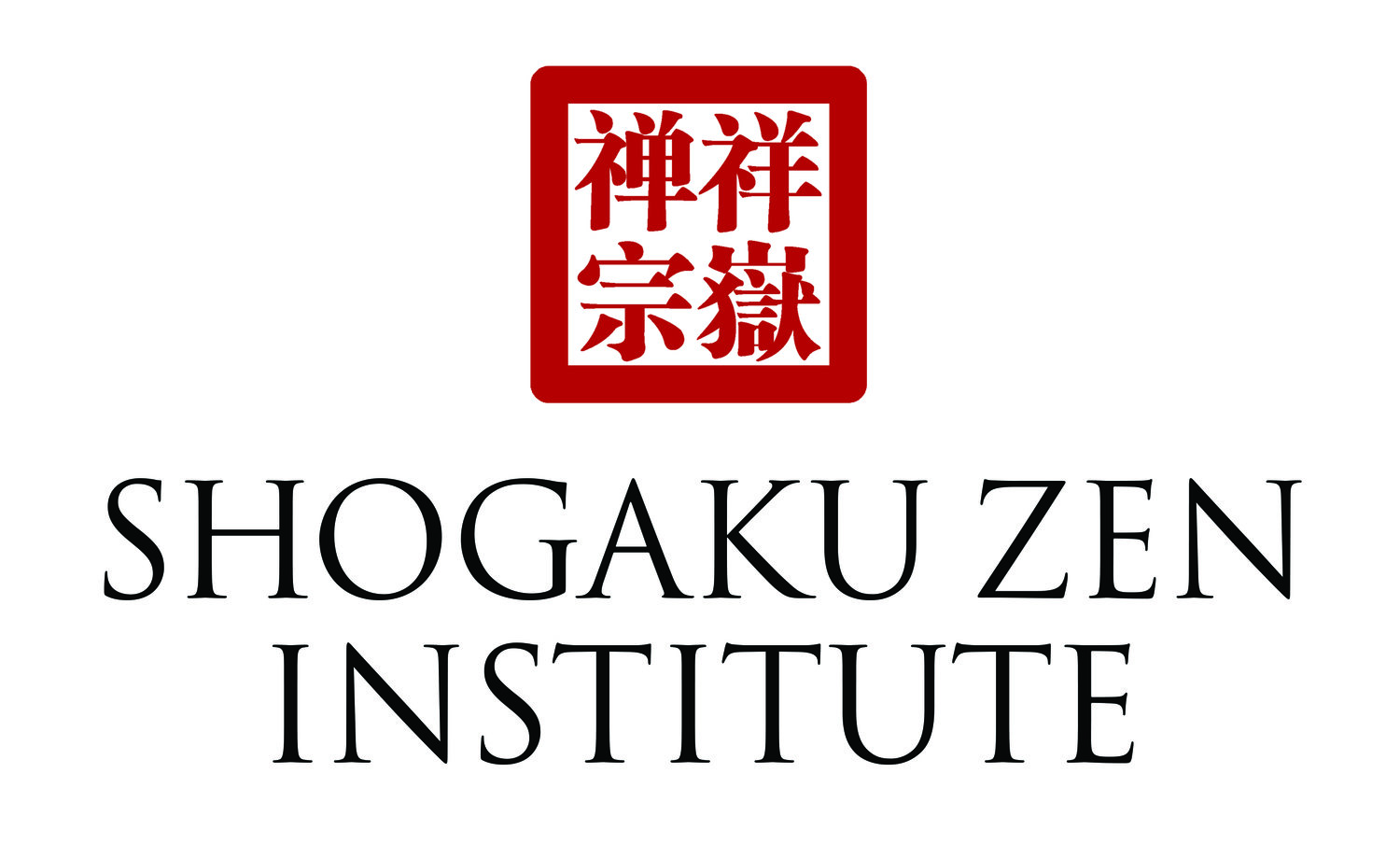Areas of Study
Scripture & Texts: Candidates will study and receive teachings on the Buddhist texts and sutras, including the writing of Buddhist teachers from the time of the Buddha through to our own current day Zen and Mindfulness/ Insight traditions.
Ethics: Candidates will study and receive teachings on Buddhist ethics covering topics such policies on no dating or financial dealings in teacher-students relationships, and teacher-enforced community rules requiring students to maintain respectful peer relationships.
History: Buddhism has migrated from Southeast Asia through China, Japan and Korea, to the West. Candidates will study and receive teachings on how these various cultures have affected the practice of Buddhism, changing the flavor of Buddhism as it roots in each new culture, including its current developments in our Western Zen and Mindfulness/ Insight traditions.
Psychology: Candidates will study and receive teachings on Buddhist psychology, with an emphasis on understanding and translating ideas and terminology for Western practitioners. For example, candidates will study Buddhist Klesha which we would now translate as psychological defenses.
Ritual & Liturgy: Candidates will receive teachings and practice formal Buddhist rituals and ceremonies specific to the particular lineage tradition, and study common elements and importance of ritual/ ceremony in order to provide spiritual care to persons or communities.
Preaching: Candidates will receive teaching and feedback on their ability to present useful and encouraging instruction of Zen and Mindfulness/ Insight practices to individuals and communities.
Counseling: Candidates will receive teachings on how to apply Zen and Mindfulness/ Insight practices to everyday problems. Candidates will practice and receive feedback on counseling others using Buddhist principles and practices.
Inter-religious & Cross-Cultural: Candidates will gain experience interacting with individuals of other faiths/ spiritual systems, by participating in interfaith events. Candidates will study and practice how cultures shape diverse perspectives, and allow for and encourage different expressions of faith.
Meditation: Seated meditation is foundational to Buddhism, practiced and taught by the historical Buddha and all of his followers over 2,500 years, and is the essential method to comprehend Buddhist principles. Candidates will develop a stable meditation in order to translate and integrate Buddhist principles into their own daily life.
Residential Practice: Candidates will experience community practice of Buddhist ritual, history, and principles in a formal residential/ monastic setting.
Philosophy/ Theology: Candidates will study and receive teachings about Buddhist thought and life-practice as a philosophy, and how Buddhist principles relate to other Western theological concepts.
Teaching: Candidates will receive formal training in how to teach in the following settings: one-on-one, in-house Buddhist practice groups, interfaith groups/ the general public.
Pastoral Care/ Direct Service/ Integration: Candidates will apply the Buddhist theoretical frame in a role which allows for the expression of engaged Buddhism/ compassion-in-action in working with others.
Electives: Candidates will study and practice specific applications of Zen and Mindfulness / Insight. The elected courses could include: care for others in a specific setting such as prison or hospital; studying a specific historical Buddhist figure; or specific expressions of Zen and Mindfulness/ Insight such as Zen cooking for the community, the history and practice of sewing Buddhas robes, the history and art-practice of calligraphy, the history and art-practice of flower arranging, or general Zen practice applied to a daily life-work situation. (With pre-approval by faculty.)
Fieldwork: Candidates will apply the Buddhist principles and theory in the field. Candidates will research and report on how this worked in this particular setting, whether it was successfully implemented, and how the candidate was able to assess or gain feedback. (Required pre-approval by faculty and written agreement with on-site supervisor.)
Capstone Project/Integrating Paper: A thesis integrating both the principles of Buddhism and the experience of practicing Buddhism throughout the program with particular emphasis on how this has changed the candidate (15-20 pages, double-spaced, AMA or MLA format). If the candidate has completed a project in the field, the paper should describe how she applied Buddhist principles and practices to being useful, and how this experience changed her perspective about working in that setting. (With pre-approval by faculty.)
For more information, email registrar@shogakuzen.org

